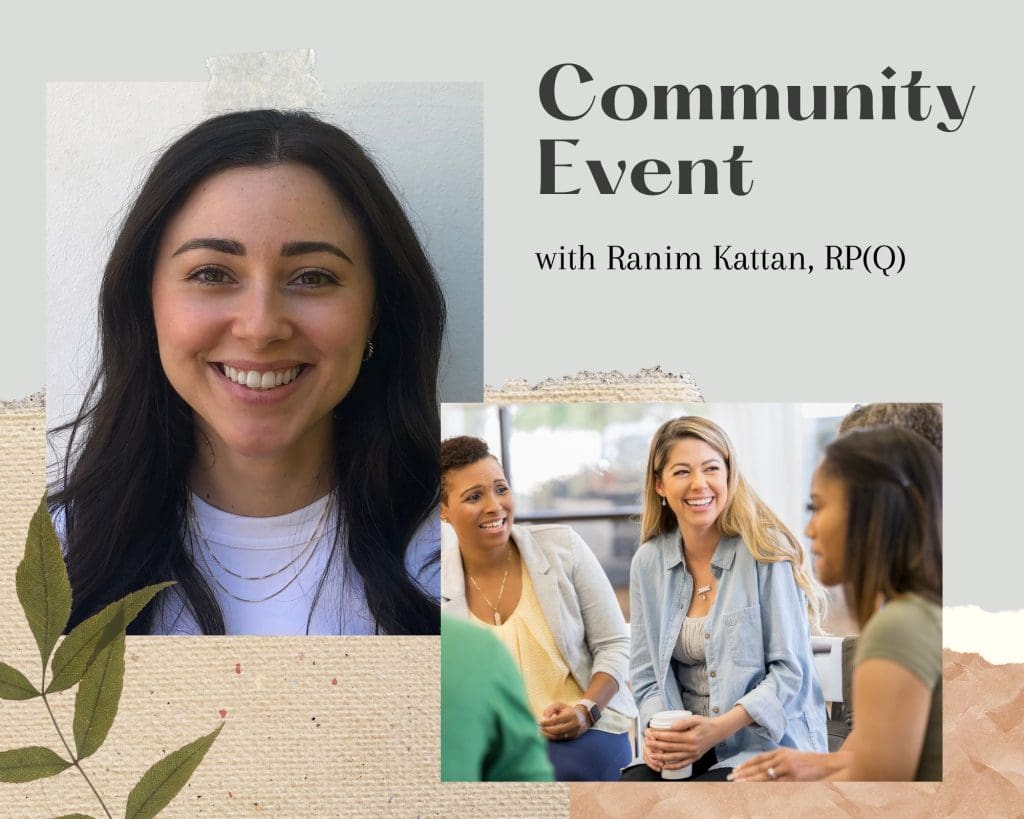September 15th, 2023
Dialectical Behavior Therapy Groups for Adolescents
Child Therapy

What is Dialectical Behavior Therapy
Dialectical Behavior Therapy also known as DBT, is a therapeutic approach that incorporates the concept of dialectics, involving the integration of two opposing elements, namely acceptance and change, in order to yield more favourable outcomes compared to their individual application. A distinguishing characteristic of Dialectical Behavior Therapy (DBT) lies in its emphasis on the initial step of accepting an individual’s experience as a precursor to modifying maladaptive behaviours.
How is DBT group therapy helpful for teens?
Dialectical Behavior Therapy (DBT) is recognized for its efficacy in assisting adolescents in managing and modulating their emotional experiences. The objective of Dialectical Behavior Therapy (DBT) for adolescents is to impart the necessary skills to teenagers in order to effectively manage and modify maladaptive behaviors.
During group therapy sessions, adolescents work with a therapist on the acquisition of skills from a selection of four distinct DBT modules. This include mindfulness, distress tolerance, emotion regulation, and interpersonal effectiveness.
The four parts of DBT:
1.) Mindfulness
Mindfulness is a time-honored practice centered on cultivating non-judgmental awareness of present-moment experiences, encompassing both internal and external phenomena. In recent years, mindfulness has emerged as a prominent component of mental health intervention due to its numerous advantages in promoting mental well-being and emotional equilibrium. Research indicates that the practice of mindfulness has been associated with potential benefits. Such as the reduction of anxiety and depression symptoms, enhancement of memory and concentration abilities, effective stress management, and increased levels of satisfaction within interpersonal relationships.
2.) Distress Tolerance
Distress tolerance refers to an individual’s ability to withstand and endure emotional distress or discomfort without resorting to maladaptive coping mechanisms. Adolescents occasionally experience a sense of powerlessness in relation to their problems. Adolescents frequently experience thoughts characterized by a sense of injustice or the belief that they should not be burdened with certain difficulties, despite the fact that such cognitions tend to exacerbate their emotional well-being. The implementation of Dialectical Behavior Therapy (DBT) interventions tailored for adolescents, with a specific emphasis on distress tolerance, facilitates the acquisition of skills aimed at reducing reactivity and emotional dysregulation in response to challenging emotional states.
3.) Emotion Regulation
The concept of emotion regulation refers to the processes and strategies individuals employ to manage and modulate their emotions in order to achieve the desired emotional response. When an adolescent undergoes an emotional state, it is typically accompanied by a corresponding behavioral response. In the event of experiencing anger, individuals may engage in physical altercations or engage in verbal disputes. In the event of experiencing sadness, individuals may exhibit a tendency to isolate themselves from their social networks, including friends and family. Certain behaviors are innate, whereas others may be deliberate decisions.
4.) Interpersonal Effectiveness
The final module within the Dialectical Behavior Therapy (DBT) framework is focused on enhancing interpersonal effectiveness. The acquisition of interpersonal effectiveness skills enables adolescents to comprehend the impact of their actions on their interpersonal connections, thereby empowering them to enact constructive modifications. Mastering the art of reconciling personal needs with the needs of others can prove to be a formidable task regardless of one’s age. Dialectical Behavior Therapy (DBT) encompasses three distinct skills aimed at assisting adolescents in attaining their desired outcome: objective effectiveness, relation ship effectiveness, and self-worth.
About Alina Philip, RP
Alina holds a Masters in Clinical Psychology with nearly two decades of counselling experience. She regularly hosts group therapy as an adjunct part of her psychotherapy practice. Alina enjoys supporting people in group therapy settings. At the end of the series participants often describe have greater personal growth, improved relationships, and a deeper understanding of their emotions creating a sense of calm.



